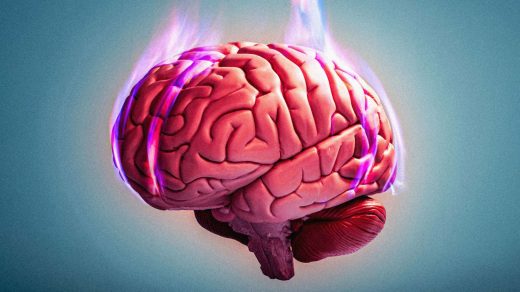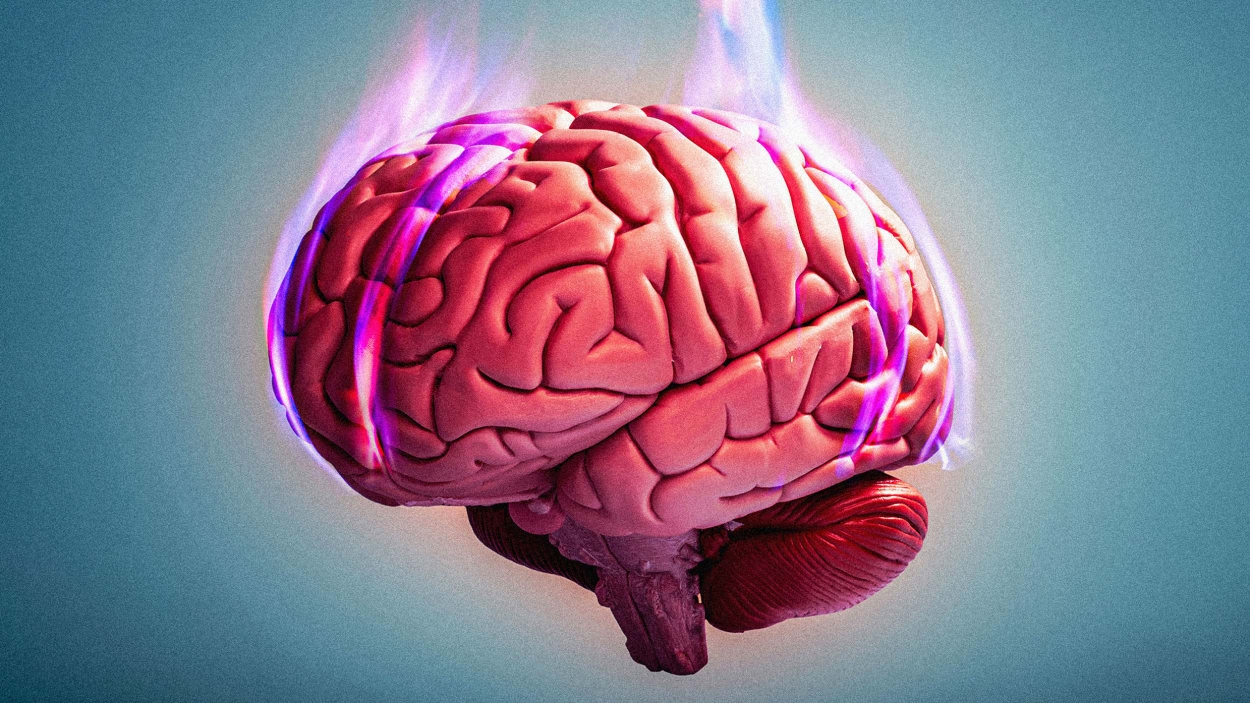Study: Extreme heat can cause cognitive decline. Here’s who it will hurt the most
The impact of unprecedented extreme heat is showing up in more ways than we can count. From disastrous wildfires tearing through cities, to the devastating economic toll, to the destruction of coral reefs and wildlife, the continuously warming planet is facing new challenges daily. Now, we’re learning more about the cognitive effects that extreme temperatures may have on older adults.
According to a new study published in the Journal of Epidemiology and Global Public Health, extreme heat can worsen cognitive decline among vulnerable populations. That’s particularly true for Black older adults, as well as those living in low-income neighborhoods.
“Our research finds that cumulative exposure to extreme heat can undermine cognitive health, but it does so unequally across the population,” said Eunyoung Choi, a postdoctoral associate at the NYU School of Global Public Health and the first author of the study.
We already know that extreme heat has a devastating impact on overall health. Globally, heat-related deaths have skyrocketed since the early 2000s, rising by about 70%. As the U.S. continues to experience its hottest temperatures ever, those numbers are also expected to rise. Extreme heat is also the leading cause of weather-related deaths. But it also shows up in how well adults handle aging from a cognitive perspective.
As part of a health and retirement study, conducted by the University of Michigan’s Institute for Social Research, data from almost 9,500 U.S.-based adults (ages 52 and older), surveyed over a 12-year period, was analyzed to understand how cognitive impacts took shape. They found that socioeconomic factors played a big role in cognitive decline, and that cumulative exposure to extreme heat led to more rapid cognitive decline in older Black adults versus white or Hispanic adults of similar ages.
“Cognitive decline may not manifest right after a single heat event, but repeated or prolonged exposures to extreme heat may be detrimental,” explained Virginia Chang, associate professor of social and behavioral sciences at the NYU School of Global Public Health and the study’s senior author. Chang said that this kind of exposure can cause “cellular damage, inflammation, and oxidative stress.”
Chang also noted that “systematic disadvantages” and hardships routinely experienced by Black Americans may be notable reasons why extreme heat impacts this population differently, saying racism and discrimination “may affect cognitive reserve.” While systematic racism on its own is a heavy burden, according to the new research, extreme heat could have compounding effects when it comes to brain health.
(23)



